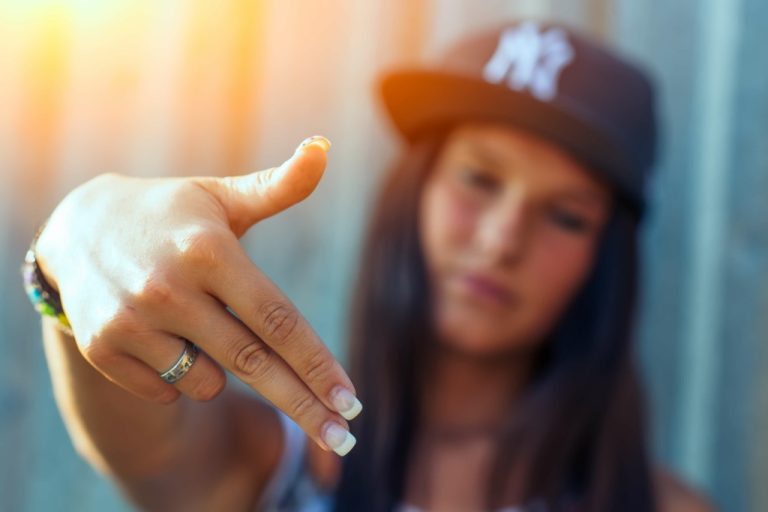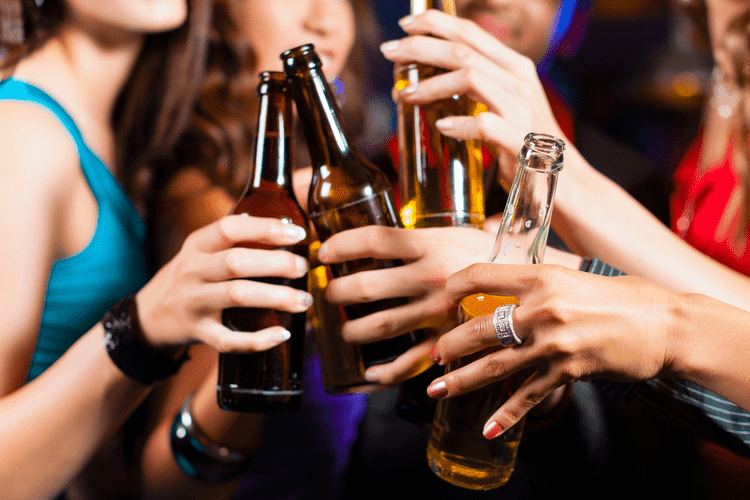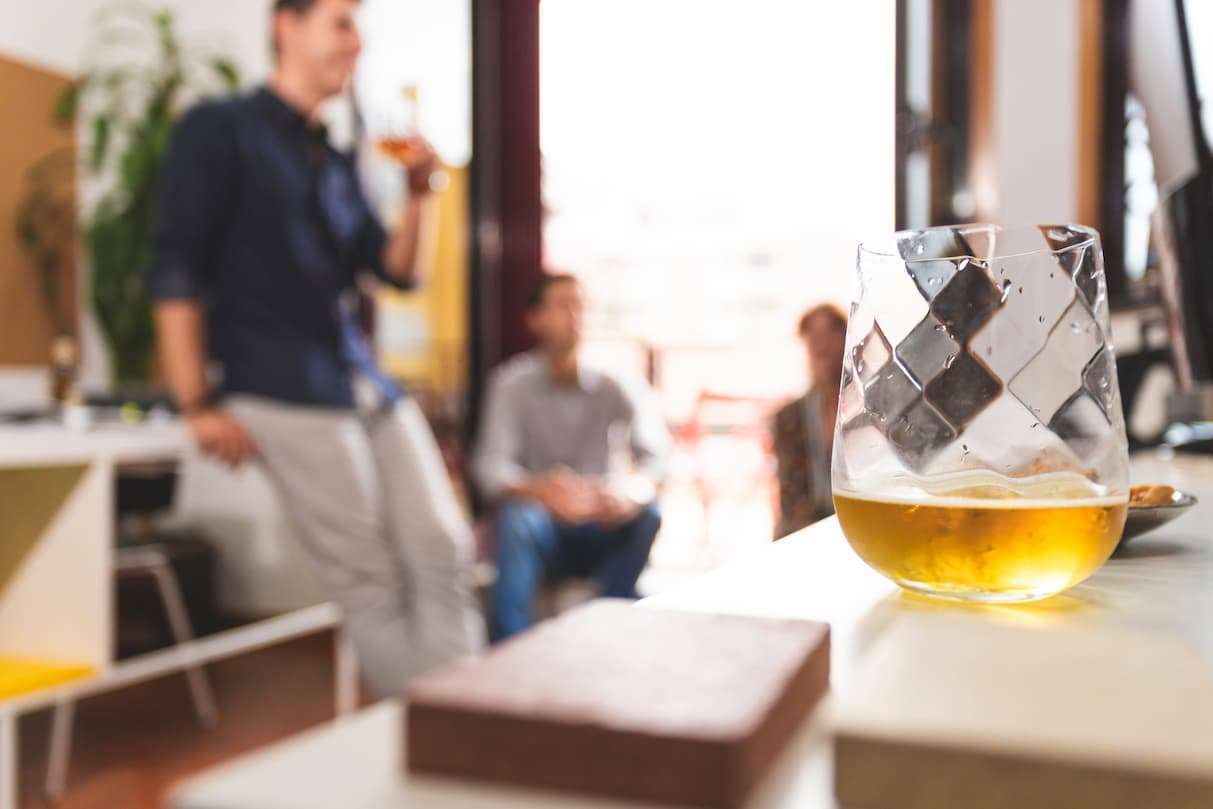It is, therefore,plausible, that alcohol could influence this REM-off process through its effects on GABA,leading to the suppression of REM sleep in the short-term. Many people turn to alcohol to cope with difficult feelings, but alcohol may end up having the opposite effect if it interferes with sleep. For example, people with moderate or severe anxiety who use alcohol in hopes of sleeping better are actually more likely to have sleep problems.
- Alcohol interferes with these circadian rhythms regulating the liver, and can contribute to compromised liver function, liver toxicity, and disease.
- Understanding the effects of alcohol on sleep is the first step toward preventing alcohol-related sleep problems.
- An indirect test of the neuronal loss hypothesis of K-complex amplitude deficitin chronic alcoholism was conducted using gray matter volumes from structural MRI dataacquired from the subjects in Colrain et al.(2009).
Circadian Rhythm Disruption

As blood alcohol levels rise and fall, alcohol exerts different effects on your sleep. During the second half of the night, sleep becomes more actively disrupted. As alcohol is metabolized and any of its sedative effects dissipate, the body undergoes what scientists call a “rebound effect.” This includes a https://retrica0.com/gunnar-asia.html move from deeper to lighter sleep, with more frequent awakenings during the second half of the night. (These may be micro-awakenings that the sleeper doesn’t even remember—but they still interrupt the flow, and quality, of sleep.) During the second half of the night, sleep architecture shifts again away from normal, with less time spent in slow wave sleep. The rebound effect may include more time in REM—a lighter sleep stage from which it is easy to be awakened. However, while alcohol may hasten the sandman, it can negatively impact sleep quality.
About Medical News Today
Since even small amounts of alcohol can affect your sleep, the overwhelming consensus in the medical community is that alcohol is not an appropriate sleep aid. Although consuming alcohol before bedtime helps you fall asleep faster, the popular beverage negatively affects overall sleep quality. When you consume alcohol before bed, your body metabolizes the alcohol throughout the night.

0 Familial predisposition for alcoholism effects on sleep?

By contrast, primary insomniacs have greater betapower during NREM sleep than normal sleepers, thought to reflect higher levels of corticalarousal (Riemann et al. 2010). Topographicdifferences in EEG spectral power during sleep evaluated in alcoholics compared withcontrols revealed that slow frequency activity was maximal over frontal scalp regions inboth alcoholics and control subjects (Colrain, Turlington,and Baker 2009b). Differences in slow frequency between alcoholics andcontrols were also more marked over the frontal scalp with alcoholics showing lower deltaEEG power (Figure 3). This topographic pattern isconsistent with the known frontal susceptibility to alcoholism-related alterations inbrain structure and function (Zahr et al. 2013;Oscar-Berman et al. 2013). Proceed with caution when drinking before bedtime, as alcohol may be affecting your sleep more than you realize. This may be especially true if you drink alcohol to help you fall asleep faster, and then experience disrupted sleep later in the night without realizing it.
- However, the researchers proposed that perhaps these effects on the circadian rhythm are only seen after several consecutive days of alcohol consumption.
- The percentage of REM sleep in the first half of the night was not decreased onthe first drinking night at either the 0.03 or 0.10% BAC doses in the Feige et al. (2006) study.
- This might initially feel like more restful sleep, but it’s actually a disruption of the natural sleep cycle.
Alcohol and Other Health Risks
Guy Meadows, a sleep researcher and co-founder of The Sleep https://defectolog.ru/forum/112/?theme=1474 School, an online platform offering science-based support around sleep, told Live Science that alcohol affects the four stages of sleep in different ways. Drinking to fall asleep regularly can build up a tolerance to alcohol, gradually lessening booze’s ability to help you drift off, according to the National Sleep Foundation. If you’re planning on heading out for a night that will involve some drinks, there are some things you can do to help you sleep afterward.
- Consuming two servings of alcohol per day for men and one serving for women can reduce sleep quality by 9.3%.
- Figure 2 (adapted from (Colrain, Turlington, and Baker 2009b) gives an example of theproportions of wakefulness (pre-sleep and throughout the night), and different sleep stagesin alcoholic and control men and women.
- Alcohol use can impact the quality of your sleep, and research confirms there’s a link between alcohol use and insomnia.
- After training at the Baylor College of Medicine and Stanford University School of Medicine, Dr. Wu established the first sleep medicine program within a psychiatric system in the United States while at the Menninger Clinic in Houston.
Dr. Abhinav Singh,
In addition, since poor sleep can negatively affect one’s health, the benefits of a restful night go beyond feeling alert in the morning. But part of a smart, sleep-friendly lifestyle is managing alcohol consumption so it doesn’t disrupt your sleep and circadian rhythms. It’s likely that most people reach for the hard stuff to help them sleep because alcohol, for all intents and purposes, is a sedative. And no one will argue that it can shorten sleep latency (the time it takes you to fall asleep).
Does alcohol cause insomnia or poor sleep?
Circadian rhythms thrown out of sync can weaken the lining of the gastrointestinal tract, making it more vulnerable to permeation—that’s the leakiness that allows bacteria, toxins, and food to leave the intestines and enter the bloodstream. http://ishodniki.ru/art/os/vista/806.html Alcohol consumption can lead to insomnia, sleep apnea, and a host of other health issues. As a best practice, those who choose to indulge should stop drinking at least four hours before bed.
